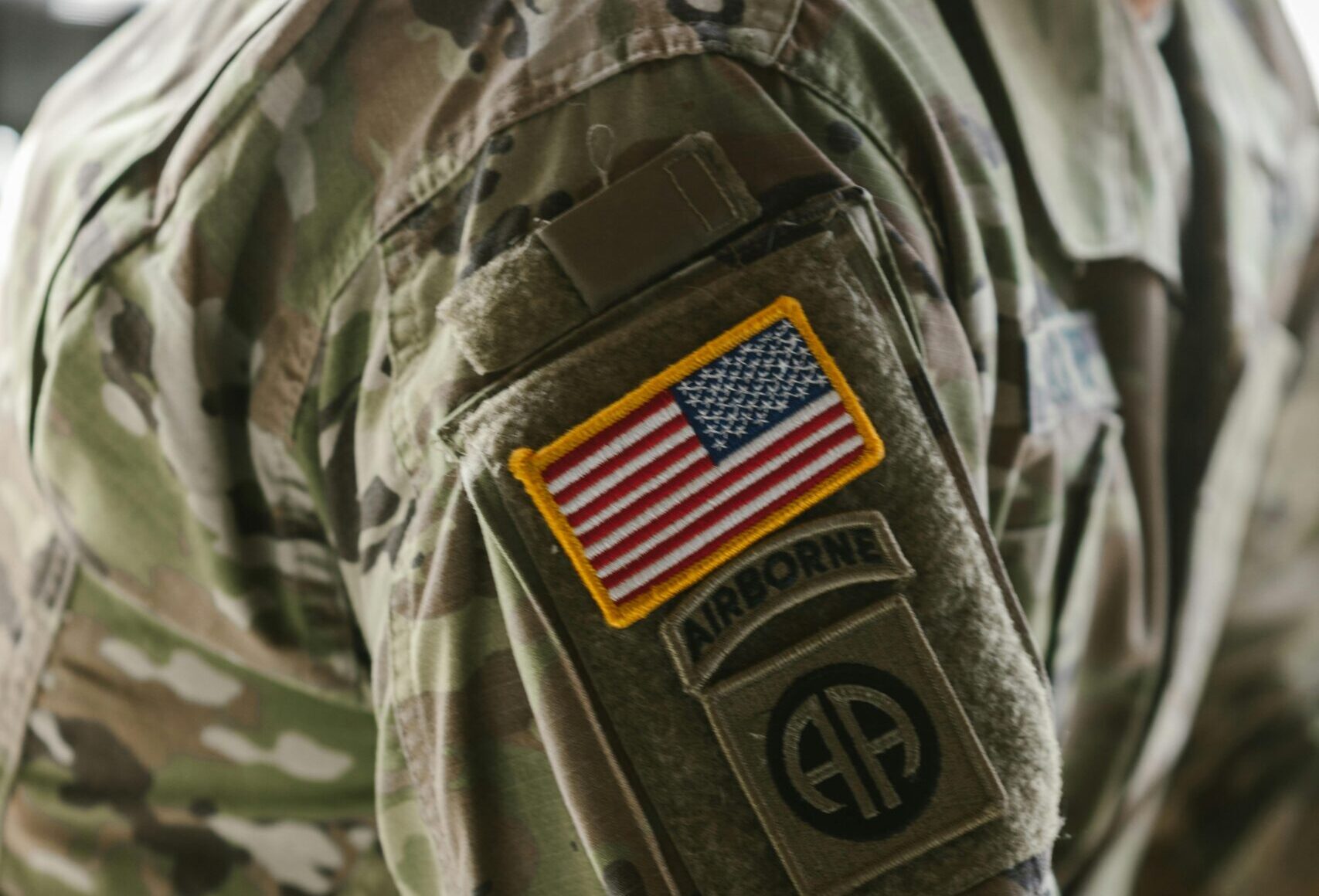A memo issued by Acting Assistant Secretary of the Army Derrick Anderson directed Army libraries — including the U.S. Military Academy at West Point — to review books that “explicitly and overtly promote DEI (Diversity, Equity, and Inclusion), gender ideology, and critical race theory in a manner that subverts meritocracy and unity.” The document, dated April 9, requests that a list of such titles be submitted to the Army’s chief librarian by April 16.
The directive was sent to several Army institutions, including the Training and Doctrine Command, Army Special Operations Command, the Judge Advocate General’s Legal Center and School, West Point, and the Army War College.
A spokesperson for West Point stated the review is being carried out “with the utmost professionalism and efficiency.” However, a U.S. official said that libraries have now been instructed only to “flag” books rather than remove them, pending a final decision from top Army leadership. No books have been removed from West Point’s library as of now.
This review follows a similar move by the U.S. Naval Academy, which recently removed nearly 400 books from the Nimitz Library. Titles included Maya Angelou’s I Know Why the Caged Bird Sings and Linda Gordon’s The Second Coming of the KKK.
Five days before the Army’s memo, Democratic lawmakers Rep. Adam Smith and Rep. Chrissy Houlahan expressed “grave concern” over the Naval Academy’s actions in a letter to Army Secretary Dan Driscoll, questioning whether similar steps were being taken at West Point. They described the effort as “an alarming return to McCarthy-era censorship.”
In another letter addressed to Defense Secretary Pete Hegseth — who has pledged to eliminate DEI-related materials from the Pentagon — civil rights groups like the Legal Defense Fund and Lambda Legal denounced the Naval Academy’s book removals. They argued that excluding works by or about Black and LGBTQ authors amounts to unconstitutional censorship and undermines the educational mission of training future military leaders in a pluralistic society.







